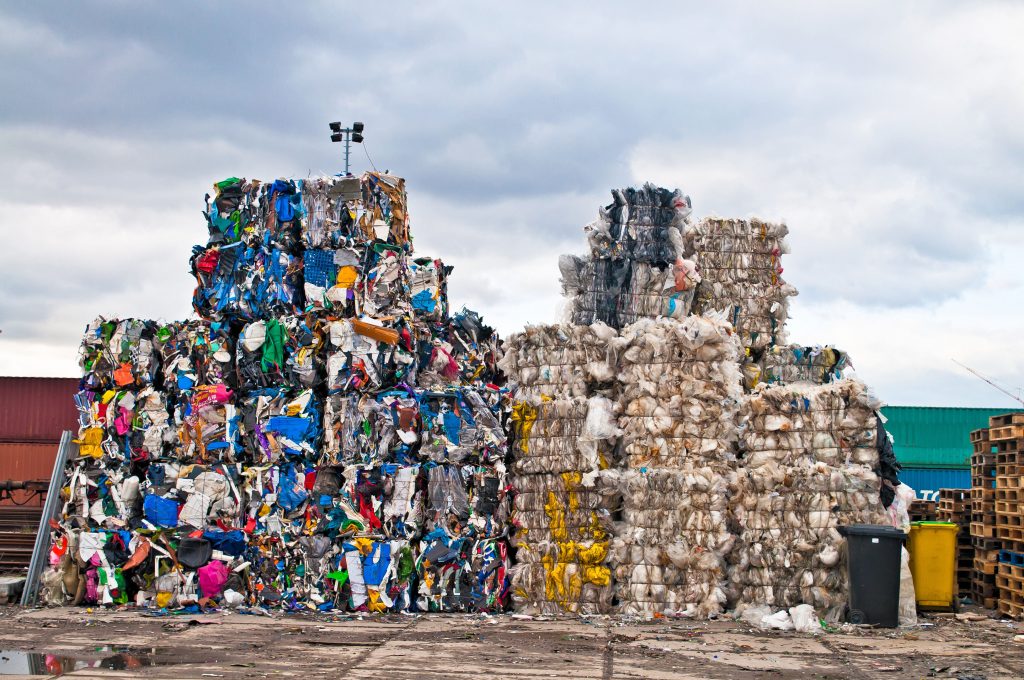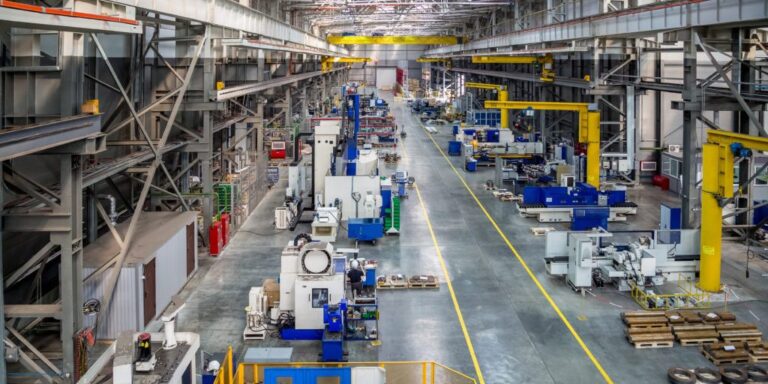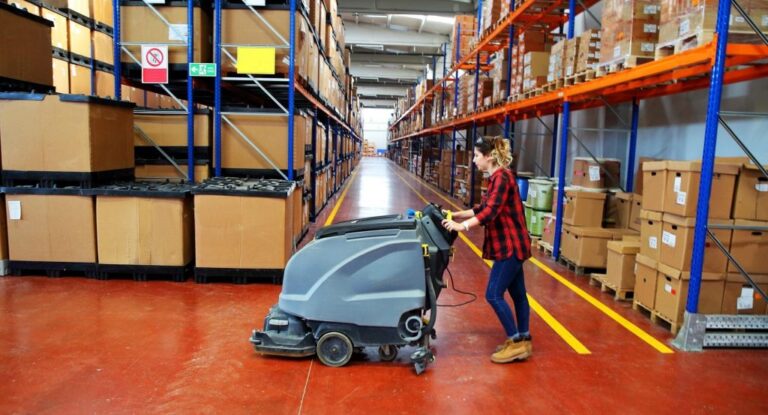Waste management in industrial plants is a critical component of maintaining both operational efficiency and environmental responsibility. Improper handling of waste can lead to significant costs, not only financially but also in terms of reputation, regulatory compliance, and environmental harm. As industries continue to evolve, the importance of waste segregation and proper waste management strategies cannot be overstated. Let’s dive into the costs associated with waste mismanagement and explore how proper waste management can create long-term benefits for your plant.
The Importance of Waste Segregation
Waste segregation is the process of separating different types of waste materials into categories such as recyclable, hazardous, organic, and non-recyclable waste. Effective segregation of industrial waste is one of the most important steps in reducing environmental impact and improving efficiency within a facility.
In an industrial plant, the types of waste produced can be vast and varied, from scrap metal and plastics to hazardous chemicals and electronic waste. Each of these materials requires different disposal methods. Without a proper system in place, plants can face severe consequences.
Direct Financial Costs of Waste Mismanagement
Improper waste handling can lead to several financial burdens. These include:
- Fines and Penalties
Failure to comply with environmental regulations, including proper waste segregation, can result in hefty fines. In many regions, there are strict laws governing waste disposal, particularly for hazardous and toxic substances.
- Increased Disposal Costs
When waste is not properly segregated, it often ends up in a landfill, regardless of whether it could have been recycled or reused. Landfills are expensive to maintain, and if your plant is sending non-segregated waste to one, disposal fees can increase dramatically.
- Loss of Valuable Materials
When recyclable or reusable materials are not segregated properly, they end up in landfills or are incinerated. This results in the loss of valuable resources, such as metals, plastics, and paper, which could otherwise be sold or reused.
- Operational Inefficiencies
Without a clear waste management plan, plants may experience inefficiencies in their operations. Employees may waste time sorting through improperly mixed waste, or the plant may require extra manpower to deal with the consequences of poor segregation.
Environmental and Health Costs of Mismanagement
Waste mismanagement doesn’t just affect a plant’s bottom line; it also takes a toll on the environment and public health.
- Environmental Damage
Improper disposal of industrial waste, especially hazardous materials, can lead to soil and water contamination. Chemicals and toxins can seep into the ground or water systems, leading to long-term environmental damage.
- Health and Safety Risks
Certain types of industrial waste, such as chemicals or hazardous materials, pose serious health risks to employees and surrounding communities. Mishandling or inadequate disposal can lead to accidents, exposing workers to harmful substances.
Reputation and Legal Consequences
In today’s world, corporate responsibility is highly scrutinized, and how a company handles its waste management can have a significant impact on its reputation. Poor waste management practices can lead to public relations issues, as well as legal challenges.
- Damage to Reputation
In the age of social media and instant communication, negative stories about environmental negligence can spread quickly. If your company is caught improperly disposing of waste or violating environmental laws, the damage to your reputation can be long-lasting.
- Legal Actions
In extreme cases, waste mismanagement can lead to lawsuits or legal actions from regulatory bodies, community groups, or even employees. Legal battles are costly and can cause further reputational harm.
The Benefits of Industrial Waste Segregation
Now that we’ve covered the costs of waste mismanagement, let’s explore the benefits of implementing an effective system.
- Cost Savings
By segregating waste, you can significantly reduce disposal costs. Recyclable materials can be sold or reused, which lowers the need for raw materials and reduces landfill fees. Additionally, many countries and states offer incentives or rebates for companies that recycle certain types of industrial waste.
- Compliance with Regulations
Proper waste segregation ensures that your company complies with environmental laws and regulations. Compliance not only helps you avoid fines and penalties but also demonstrates that your plant is committed to sustainable practices.
- Sustainability and Corporate Responsibility
By adopting waste segregation, you contribute to the broader goal of sustainability. Reducing waste, recycling materials, and reusing products can have a positive impact on the environment. It also enhances your company’s reputation, showing customers and investors that you are committed to corporate social responsibility (CSR).
- Improved Efficiency
Waste segregation can improve overall operational efficiency. Employees will spend less time dealing with mixed waste and can focus on more productive tasks. Additionally, reducing waste in the first place, whether through reusing or recycling, can optimize resource usage within your facility.
Final Thoughts
Waste mismanagement in an industrial plant is not just a financial burden, but a major liability in terms of environmental impact and public safety. By adopting effective industrial waste segregation practices, a company can significantly reduce its costs, improve operational efficiency, and contribute to environmental sustainability. Take action today and set your plant on the path toward a more sustainable and efficient future.




